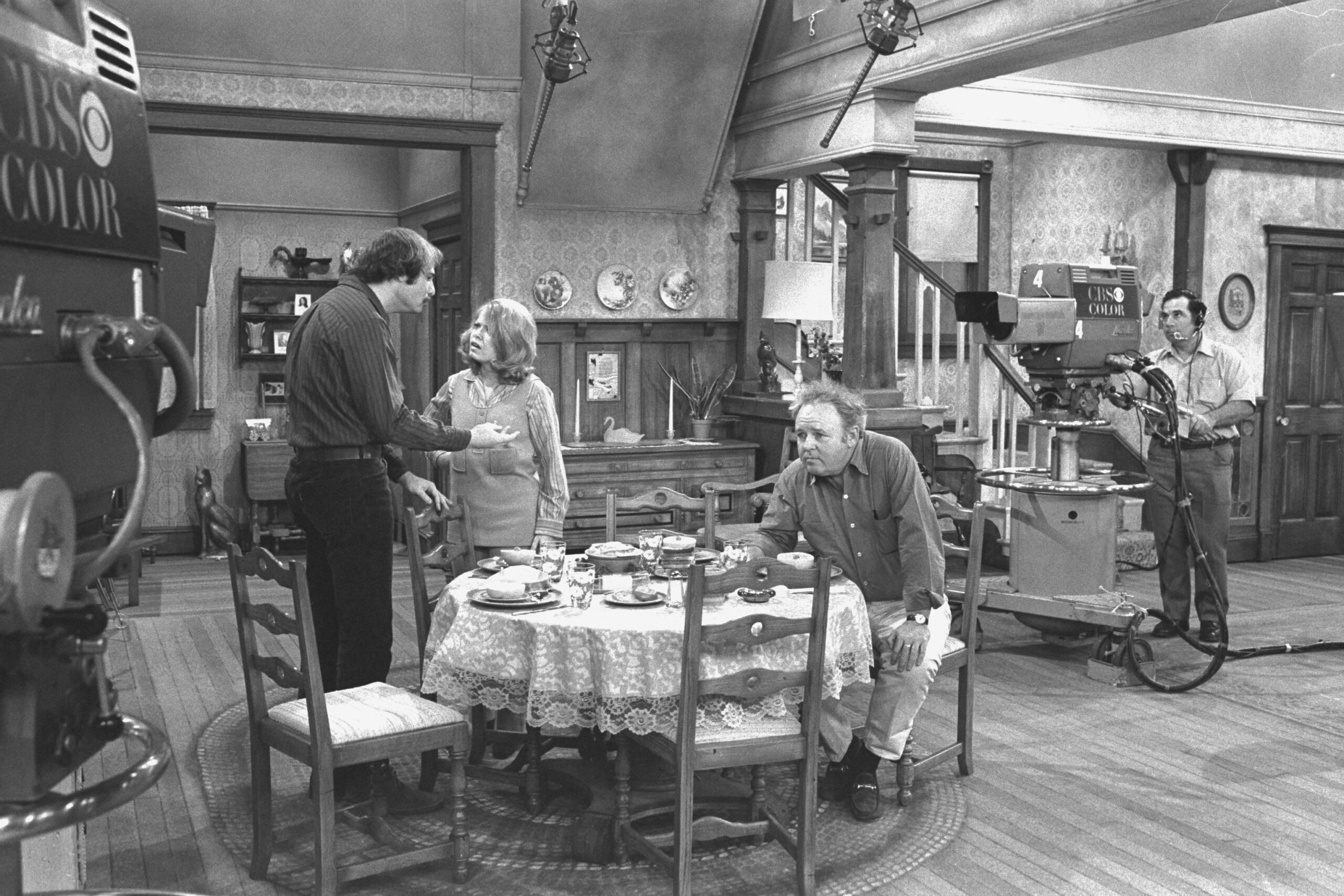
In the world of television, few shows have left as lasting an impact as Norman Lear’s All in the Family. This groundbreaking sitcom, which aired from 1971 to 1979, not only shattered societal taboos but also reshaped how we view family dynamics, politics, and comedy. From its fearless tackling of controversial issues to its unforgettable characters, All in the Family was a game-changer. If you’ve never watched the show, it’s time to learn why it’s still relevant today and why it remains a staple in TV history.
The Era of Change
The early 1970s were a time of immense social and political upheaval in America. With the Vietnam War raging, the Civil Rights Movement gaining traction, and second-wave feminism challenging gender norms, society was experiencing significant change. All in the Family emerged in the midst of this cultural shift, offering a unique lens through which to view these transformative times. It wasn’t just a sitcom; it was a mirror reflecting the issues that the country was grappling with.
Breaking Taboos and Pushing Boundaries
What made All in the Family so revolutionary was its unapologetic approach to the social issues of the day. It was the first show to openly discuss taboo topics such as racism, sexism, class struggles, and homophobia, and it did so with sharp humor that was both biting and insightful. The central character, Archie Bunker, played by the legendary Carroll O’Connor, was the embodiment of the politically incorrect working-class American. His bigoted views on race, gender, and politics were shocking, yet hilarious, forcing viewers to confront their own biases. Archie’s prejudice and ignorance made him the perfect foil for the show’s progressive messages, creating an opportunity for humor to spark important conversations about tolerance, equality, and human rights.
Iconic Characters Who Still Resonate Today
While All in the Family was groundbreaking in its themes, it was the characters that truly brought the show to life. Carroll O’Connor’s portrayal of Archie Bunker remains iconic to this day. Archie’s caustic remarks and outdated worldview were not only funny but also deeply complex. Jean Stapleton’s portrayal of Edith Bunker, Archie’s ever-patient wife, offered a stark contrast to her husband’s abrasive nature. Edith’s sweet, almost childlike demeanor made her an empathetic counterbalance to Archie’s negativity, and her character evolved throughout the series, providing valuable lessons in kindness and tolerance.
Rob Reiner and Sally Struthers played Michael and Gloria, Archie’s liberal-minded son-in-law and daughter. Michael, often referred to by Archie as “Meathead,” represented the progressive ideals of the time. His clashes with Archie became some of the most memorable moments of the show, symbolizing the generational and ideological divides that characterized the political landscape of the era.
These characters, with their endearing quirks and relatable flaws, were essential to the success of All in the Family. They weren’t just stereotypes; they were multidimensional figures who viewers could love, hate, and empathize with.
The Show’s Lasting Legacy
Although All in the Family ended in 1979, its influence can still be seen in modern television. Shows like The Simpsons, Roseanne, and Family Guy owe a great deal to the trailblazing work of All in the Family. The show’s unique ability to combine humor with social commentary changed the sitcom landscape and paved the way for more daring and relevant television.
All in the Family was not afraid to address real-life issues, even if it meant pushing the boundaries of what was considered acceptable on TV. It showed that television could be both entertaining and socially relevant. Its characters, themes, and humor laid the groundwork for later shows that would continue to tackle tough subjects with wit and honesty.
Conclusion
In conclusion, All in the Family was much more than just a sitcom—it was a cultural revolution that forever changed the landscape of television. By addressing issues that were typically avoided in mainstream entertainment, it opened the door for future TV shows to explore controversial topics with depth and humor. If you’ve never seen All in the Family, it’s time to dive in. The show still has the power to make you laugh, think, and reflect on the world around you.
